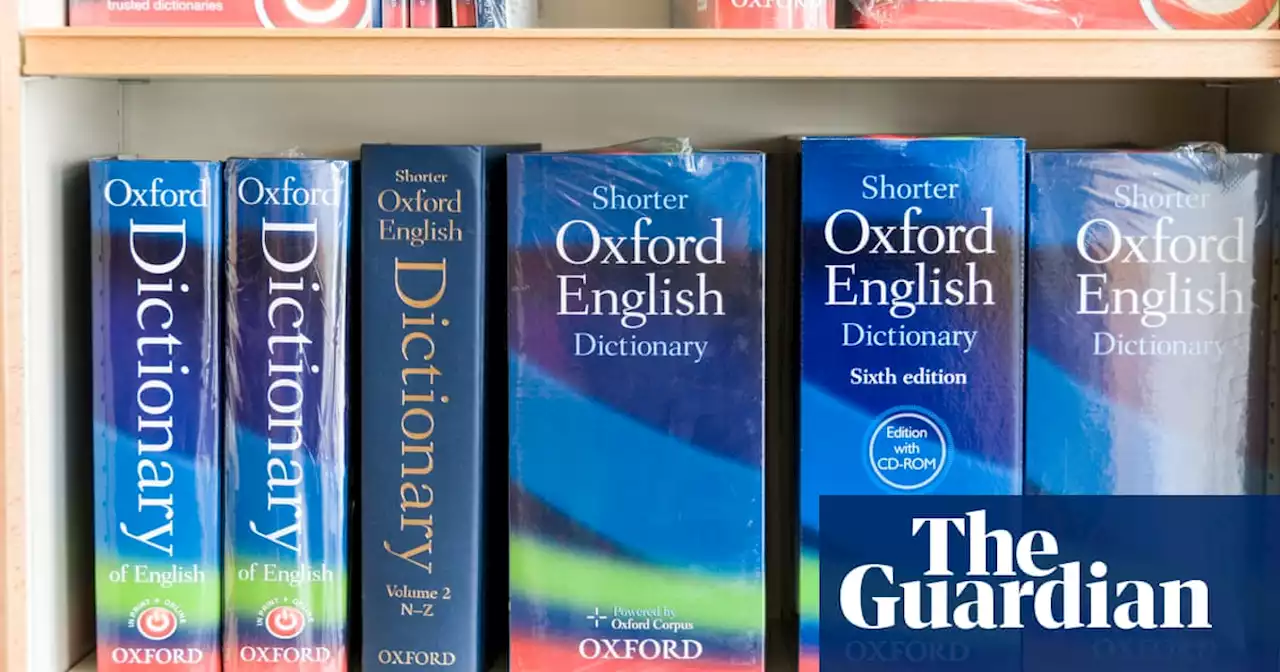In continuous use for more than 350 years, Chetham’s is the oldest public library in the English-speaking world and includes books pre-dating the use of paper.
They were an unlikely pair. One man rode to hounds, wore top hat and tails and came from a wealthy family of cotton manufacturers.The courtyard of Chetham’s Library, home to some 120,000 books and manuscripts.Together, Karl Marx and his benefactor Friedrich Engels studied at an alcove desk, surrounded by windows on three sides, at Chetham’s Library in Manchester, north-west England.
Today’s visitors see the identical space, though it’s the powerful, old-world library aroma that first hits the senses. On his death in 1653, Humphrey Chetham, a man made fabulously wealthy through the textile trade, left a will with three main features. In the words of librarian Fergus Wilde: “He left an idea and cash a mile high.”Sian-Louise Mason, visitor services co-ordinator
Chethams Library is steeped with age and the aroma of the many animal-skin covers on the shelves – everything from lowly pig to goat, buffalo and deerskin. “They never aimed to buy the valuable and unusual. They aimed to buy the useful. For example, they bought a first folio Shakespeare early on, then they realised there was a third folio for sale so they bought the latest. They were not book collectors. If there was a third edition, they assumed it was better, so they bought it.”There are more than 120,000 printed items in the library’s collection, more than half of them published before 1850.
“Even if we wanted to make changes for a modern audience, we are not allowed. We have to go back to the will and follow its instructions,” says Mason.Chetham stipulated the building should remain intact, admission free of charge, its doors open to all , and nothing be asked of a reader.
United States Latest News, United States Headlines
Similar News:You can also read news stories similar to this one that we have collected from other news sources.
 English class action against BHP now ‘the largest in history’The law firm behind the suit says it’s worth $66 billion, but the resources giant still seems ready to stare down the now-700,000 claimants.
English class action against BHP now ‘the largest in history’The law firm behind the suit says it’s worth $66 billion, but the resources giant still seems ready to stare down the now-700,000 claimants.
Read more »
 Kia ora e hoa: dozens of New Zealand and Māori words added to Oxford English DictionaryNewly-added words include koha – a gift or offering – and kōrero, meaning a conversation or chat
Kia ora e hoa: dozens of New Zealand and Māori words added to Oxford English DictionaryNewly-added words include koha – a gift or offering – and kōrero, meaning a conversation or chat
Read more »
 Inside the home of the engineer who builds Melbourne’s tallest towersA fearless mishmash of time periods has imbued this contemporary Melbourne apartment with a timeless patina.
Inside the home of the engineer who builds Melbourne’s tallest towersA fearless mishmash of time periods has imbued this contemporary Melbourne apartment with a timeless patina.
Read more »
 Nothing Special by Nicole Flattery review – inside Warhol’s FactoryExploring female friendship, fame and identity, this coming-of-age tale follows two young women in 1960s New York
Nothing Special by Nicole Flattery review – inside Warhol’s FactoryExploring female friendship, fame and identity, this coming-of-age tale follows two young women in 1960s New York
Read more »
 ‘The story is really complicated’: inside the controversial world of PornhubA Netflix documentary aims to show all sides of a politicized battle between protecting and destroying a long-running porn site and its many workers
‘The story is really complicated’: inside the controversial world of PornhubA Netflix documentary aims to show all sides of a politicized battle between protecting and destroying a long-running porn site and its many workers
Read more »
 ‘Cracks emerging’: The labour market’s ‘best boom times are over’Australia’s job markets are in “solid shape” however there are signs of “cracks emerging” which will “start to see slower” jobs growth ahead, says AMP Capital Economist Diana Mousina. Her comments come as Australia’s unemployment rate today came in at 3.5 per cent which was lower than economists expected. “The participation rate is off its highs – the unemployment rate has clearly reached a bottom,” Ms Mousina told Sky News Business Editor Ross Greenwood. “The … looking indicators of jobs growth are things like the NAB, Business Survey, and also some of the Indeed job vacancies – they’re all pointing down. “The pace of jobs growth is likely to slow – it doesn’t mean the unemployment rate will go up in a straight line, but the best boom times for the labour market are over. “Which would you expect given that we’ve had 350 basis points worth of rate rises.”
‘Cracks emerging’: The labour market’s ‘best boom times are over’Australia’s job markets are in “solid shape” however there are signs of “cracks emerging” which will “start to see slower” jobs growth ahead, says AMP Capital Economist Diana Mousina. Her comments come as Australia’s unemployment rate today came in at 3.5 per cent which was lower than economists expected. “The participation rate is off its highs – the unemployment rate has clearly reached a bottom,” Ms Mousina told Sky News Business Editor Ross Greenwood. “The … looking indicators of jobs growth are things like the NAB, Business Survey, and also some of the Indeed job vacancies – they’re all pointing down. “The pace of jobs growth is likely to slow – it doesn’t mean the unemployment rate will go up in a straight line, but the best boom times for the labour market are over. “Which would you expect given that we’ve had 350 basis points worth of rate rises.”
Read more »
